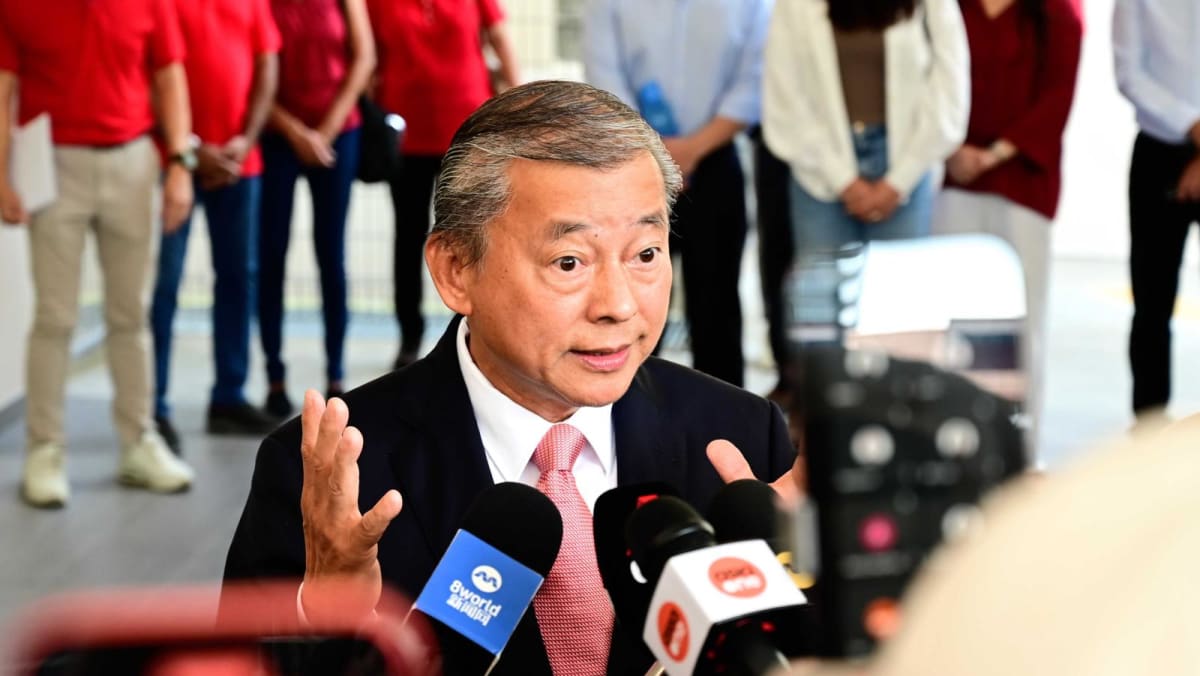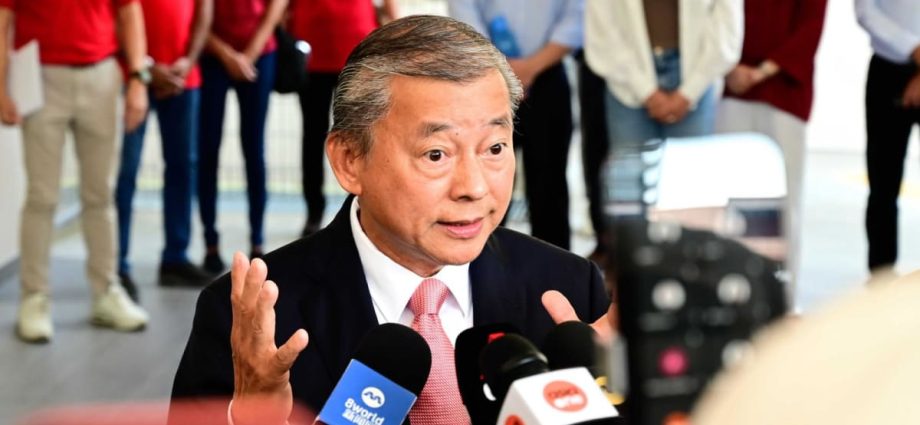
S$500 MILLION: A “HARD RULE?”
Mr Ben Chester Cheong, a law lecturer at the Singapore University of Social Sciences, similarly said it was “not immediately clear” whether Mr Goh meets the shareholders’ equity requirement.
He pointed out that in the past three financial years, Ossia International made profit after tax, but its total shareholders’ equity was below S$500 million.
Mr Cheong said that based on his understanding, the S$500 million shareholders’ equity is a “hard rule” that applicants must still meet – even under the deliberative track.
He added that it was also not clear which company Mr Goh was relying on to meet the shareholders’ equity requirement.
According to Mr Goh’s website, he is concurrently also the founder and director of Harvey Norman Ossia, and founder and group chairman of ITG International, which has a property development business.
He was previously the chairman of international operations at sporting company Rebel Sport, founder and director of VGO Corporation (known for the World of Sports stores), founder and director of water treatment solutions provider United Envirotech and founder and chairman of property fund manager SGL Capital Investment Managament.
The Constitution is “quite clear” that the presidential election applicant needs to be a person who is the most senior executive, “however named in that entity and who is principally responsible for the management and conduct of the entity’s business and operations”, said Mr Cheong.
“One would assume holding a co-founder role or majority shareholder alone is insufficient if it’s not in a senior executive capacity that is equivalent to CEO,” he added.
Mr Cheong also said that allowing an applicant to aggregate a portfolio of companies at different points in time, to reach S$500 million in shareholders’ equity, would defeat the purpose of the legislative amendment that brought about this requirement.
The private sector service requirement was raised from S$100 million paid-up capital to S$500 million shareholders’ equity in 2016.
“The updated quantitative threshold of S$500 million reflects the vastly different economic climate today, compared to 25 years ago,” then Deputy Prime Minister Teo Chee Hean told Parliament at the time.
Assistant Professor Benjamin Joshua Ong, also of the SMU Yong Pung How School of Law, said that based on his reading of the Constitution, “one cannot add up multiple companies’ shareholders’ equity to make up the S$500 million”.
“Even if you don’t meet the requirement of S$500 million shareholders’ equity for one company, the PEC can, in its discretion, take the view that you have had a ‘comparable’ level of ‘experience and ability’ to someone who has been chief executive of one company with shareholders’ equity of S$500 million or above,” he said, concurring with Assoc Prof Tan.
Asst Prof Ong said this was a matter for the PEC’s discretion – and according to the Constitution, the PEC’s decision in this regard “is final and is not subject to appeal or review in any court”.

